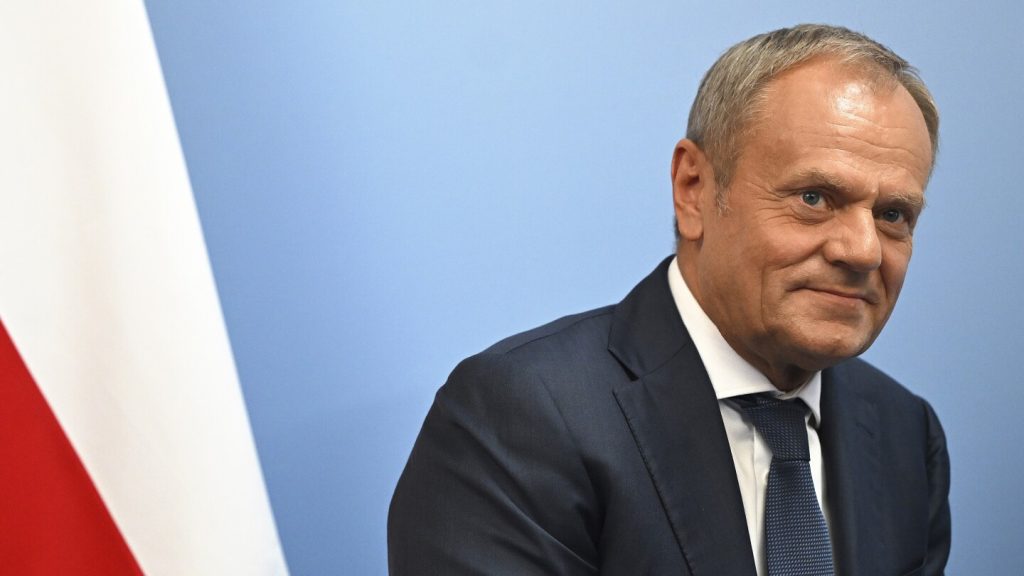Polish Prime Minister Donald Tusk has acknowledged that there is not enough support in parliament to change the country’s strict abortion law, which only allows abortion in cases of rape, incest, or when the woman’s life or health is at risk. Tusk, a centrist, promised to expand abortion rights during his campaign but is facing opposition from conservative lawmakers. Instead of changing the law, Tusk’s government is focusing on establishing new procedures in the prosecutor’s office and in hospitals to ease some of the de facto restrictions on abortion access.
Poland, a majority Roman Catholic country with a strong church influence, is also experiencing rapid secularization and growing wealth. Abortion is a contentious issue in the country, with deep social and political divisions. The current law is restrictive, and even in cases where abortion is allowed, some women struggle to access the procedure. There have been reports of pregnant women dying after being denied abortions during medical emergencies, as hospitals prioritize the fetus over the mother’s life. Some doctors refuse to perform abortions altogether, citing moral objections.
Under the existing law, women seeking an abortion in cases of rape or incest must report the crime to the prosecutor’s office and obtain permission from a court, a process that adds stigma and delays. Abortion rights activists argue that many women opt for unsafe methods, such as using abortion pills from abroad or traveling to another country. While the law doesn’t criminalize women who have abortions, it does make it illegal to assist a woman in obtaining one. Despite the legal restrictions, Tusk has promised to work within the current framework to ensure that abortion is as safe and accessible as possible for women who have to make that decision.
The issue of abortion has sparked street protests in Poland, particularly when a new restriction was imposed under the previous conservative government, removing the right to abortion in cases of fetal abnormalities. The country’s growing secularization and changing attitudes towards reproductive rights have highlighted the need for broader discussions on abortion laws. Tusk’s acknowledgment of the lack of parliamentary support for changing the abortion law reflects the challenges of navigating the complex political landscape in Poland, where religious and conservative beliefs often clash with calls for progressive reforms.
With no imminent changes to the abortion law in sight, the debate over reproductive rights in Poland is likely to continue to simmer. While Tusk’s government is focusing on improving access to abortion within the existing legal framework, advocates for broader abortion rights are advocating for a more comprehensive reform. The intersection of religion, morality, and healthcare policy in Poland underscores the ongoing struggles over women’s reproductive rights in the country. As Poland grapples with these complexities, the future of abortion legislation and access remains uncertain.


